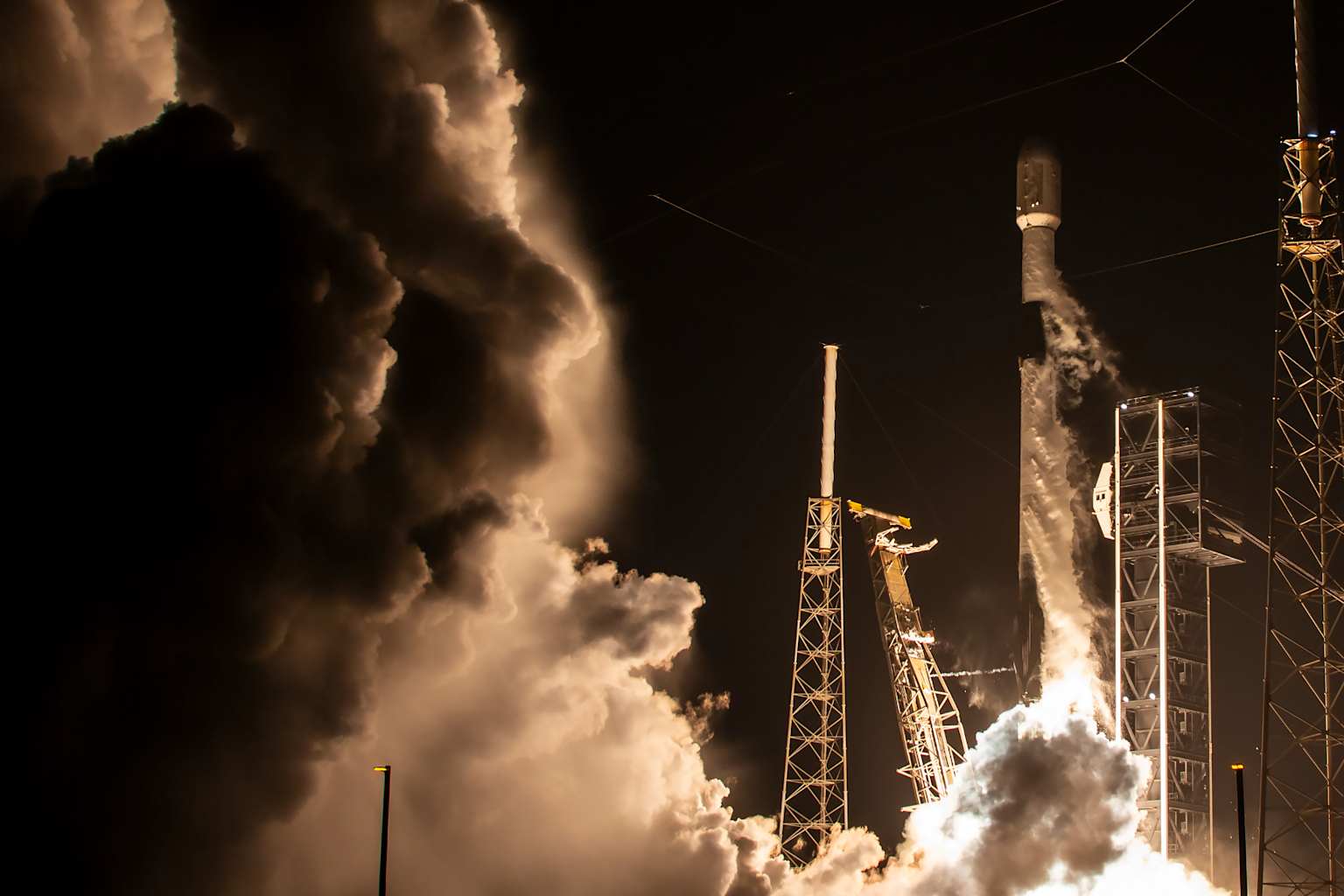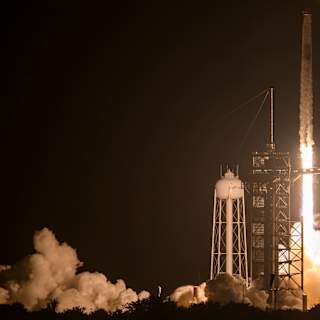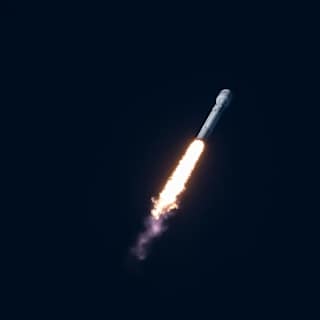- Mission Details
- Constellation Growth
- Technology Evolution
SpaceX is preparing to launch another batch of Starlink satellites early Saturday morning from Florida's Space Coast, continuing the company's rapid deployment of its broadband internet constellation as it targets a record-breaking launch cadence in 2025.
The Falcon 9 rocket is scheduled to lift off at 12:26 a.m. ET Saturday from Space Launch Complex 40 at Cape Canaveral Space Force Station, carrying 27 Starlink satellites to low-Earth orbit. The launch window extends until 4:26 a.m. ET, with additional backup opportunities available starting at 12:04 a.m. Sunday if needed.

The mission, designated Starlink Group 10-34, will mark the fifth flight for the first stage booster, which previously supported CRS-32, NROL-69, GPS III-7, and another Starlink mission12. Following stage separation, the booster will attempt to land on SpaceX's autonomous droneship "A Shortfall of Gravitas," stationed in the Atlantic Ocean32.
Weather conditions may pose challenges, with forecasts calling for light rain, 59% cloud cover, and winds of 14 mph1. The mission has an estimated cost of $52 million1.
The launch comes as SpaceX maintains an aggressive deployment schedule for its Starlink network, which now comprises more than 7,600 active satellites and represents about 65% of all active satellites in orbit12. The company has completed 72 Falcon 9 missions in 2025, with 53 dedicated to Starlink expansion2.
SpaceX is targeting 170 orbital launches this year, which would shatter its 2024 record of 134 missions3. The company has been launching at a rate of approximately 0.43 missions per day, requiring a slight acceleration to meet its ambitious annual target3.
The current satellites represent an intermediate step toward SpaceX's next-generation Starlink V3 spacecraft, which will feature dramatically enhanced capabilities. According to the company's 2024 progress report, each V3 satellite will provide 1 Tbps of downlink speeds and 160 Gbps of uplink capacity—more than 10 times the downlink and 24 times the uplink capacity of current V2 Mini satellites1.
SpaceX ultimately plans to deploy nearly 12,000 Starlink satellites, with potential expansion to 34,400 if regulatory approval is granted2.



